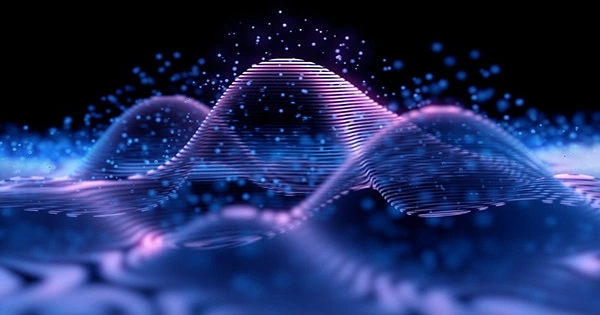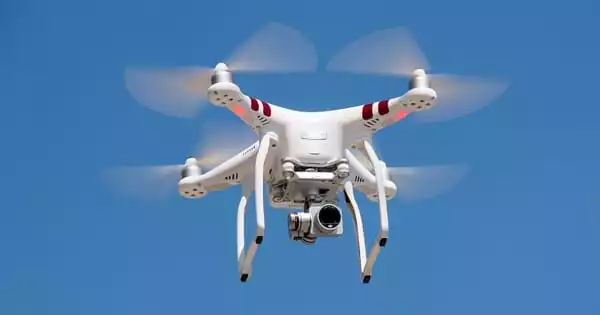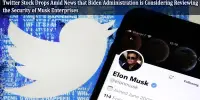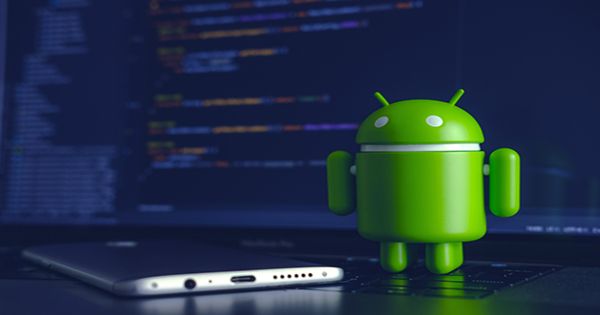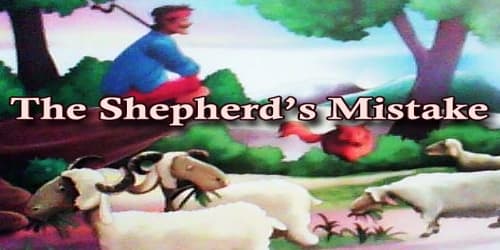Sure, you could use voice search or your Pixel’s convenient Now Playing feature to find songs that are playing in the cafe or that are stuck in your mind. But it is capable of much more than that. Consider sampling as an example: Samples are frequently used as table setters to new beats, homages to idols, and even the odd adversarial callout in many post-production-intensive genres, not just hip-hop. Over the years, hordes of curious users have dedicated their time to figuring out where those samples originated. These days, they are making use of Google voice search, a recently upgraded tool.
To be explicit, for a very long time, people have relied heavily on Shazam, SoundHound, and other music ID apps to help them find samples. However, TrackLib, a sampling database, and clearance house, has a post on its blog that details how some sample nerds from the Discord server “Sample Hunting” have been able to harness the strength of machine learning and the depths of an internet search engine to identify more and more samples. This is how Google is winning in this situation.
“I realized that this technique could be huge when Google Assistant helped me locate ‘South City Midnight Lady’ by The Doobie Brothers as a guitar sample in [Daft Punk’s] ‘Face to Face’ in late 2021,” said server founder lobelia. “especially since we were unaware that sound was a distinct sample at the time. Actually, we believed it to be a clip from another song.”
Even though the raw strength was already impressive, some refinement really increased the power by several notches. The process? DJPizza, a member of the server, launched Bluestacks on a computer and used that instance of Android to feed clips straight to Google voice search; this results in clear sound with the option to further enhance it using the desktop programs available.
“The majority of my testing involved some Todd Edwards examples that I had recently found. Surprisingly, Google Assistant’s song recognition system discovered the majority of them “said DJPizza. “Google Assistant is typically able to detect samples that have been chopped or time-stretched, and can even detect samples less than a second long.”
Recently, researchers had been having trouble finding any new findings in the infamously sample-heavy “Face to Face.” However, over the span of one night, the crew was able to locate about a dozen samples with the aid of voice search, according to Lobelia.
The exabytes of audio data that Google has amassed over time, combined with its potent machine-powered fingerprinting tools, are used for a variety of purposes, from assisting users in remembering music to quickly enforcing digital media rights on YouTube following an upload. It’s not as if sample discovery is going to rock corporate boats; the business has to establish a variety of licensing relationships with publishers out of necessity. It’s still amazing to see devoted listeners discover fresh ways to interact with their beloved musicians and the music that first inspired them.
